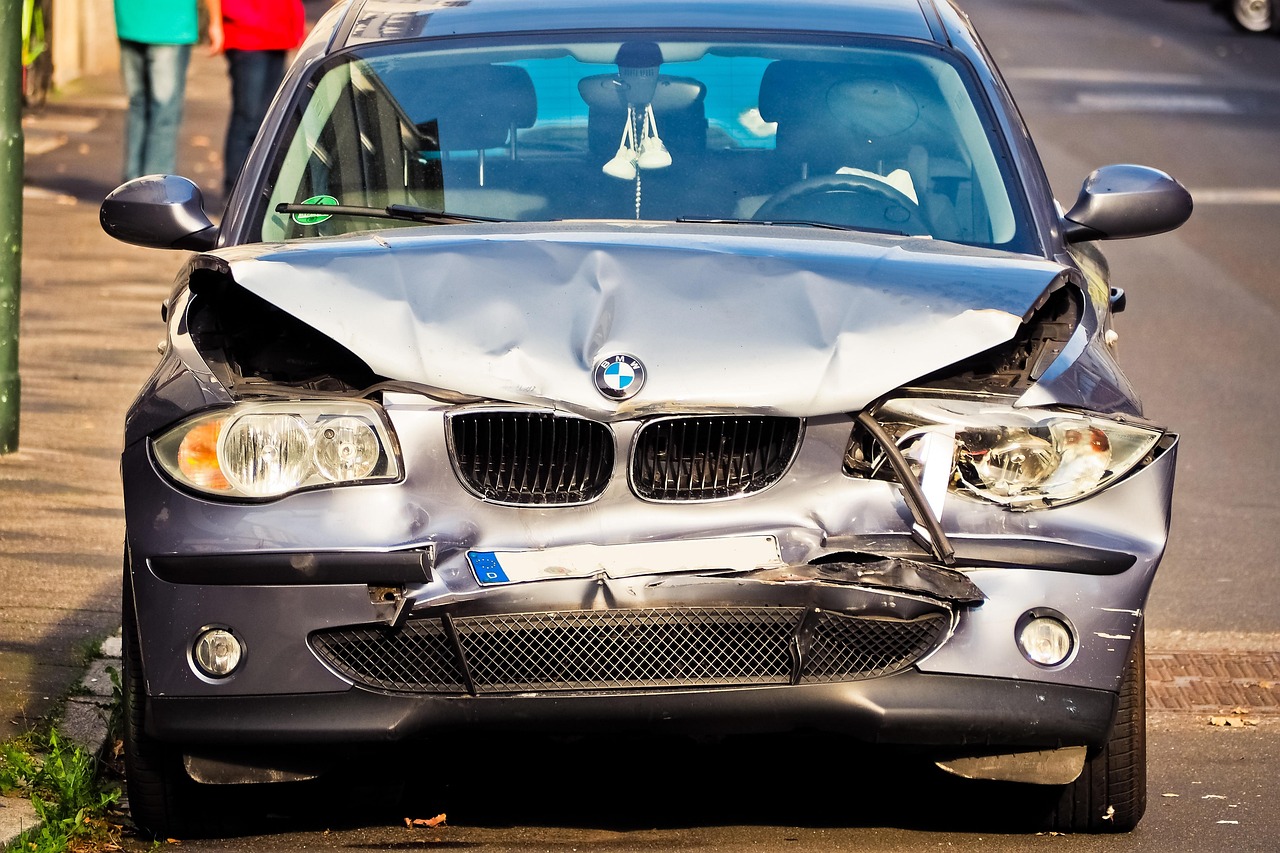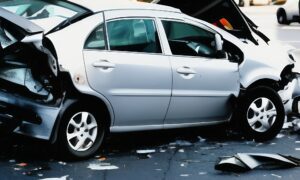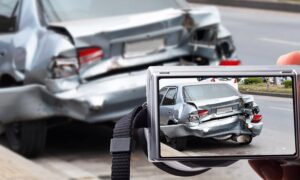After a car crash, the police write a report, which is one of the first official documents created. Many drivers think this report will clearly explain what happened, identify who was at fault, and settle any legal issues. While a police report can be helpful, relying only on it is a mistake. These reports can be incomplete and are rarely the only factor in deciding a personal injury claim.
Police reports can have errors, missing details, or conclusions based on limited information from the scene. Officers try their best under pressure, but they are not investigators, insurance adjusters, or legal experts. If you’ve been injured in a car accident, remember that the report is just the start. To win your case, you need a broader strategy, better evidence, and help from professionals who understand how to prove liability and damages.
What’s Actually Included in a Police Report?
After a car accident, the police report becomes an important document for insurance claims and legal proceedings. While it provides a helpful overview of the incident, it’s important to understand what it includes—and what it may miss. Below are the typical components found in a standard police report:
- Driver Information – Names, contact details, and driver’s license numbers of all parties involved in the crash.
- Vehicle Descriptions – Make, model, license plate numbers, and damage assessments for each vehicle.
- Time and Location – The exact date, time, and location of the accident, including road names and weather conditions.
- Witness Details – Names and contact information of any bystanders who witnessed the incident, if available.
- Officer’s Observations – Notes on physical evidence, driver behavior, road conditions, and any visible injuries.
- Scene Diagram – A basic drawing or sketch of the crash scene, including vehicle positions and relevant landmarks.
- Citations Issued – Any traffic violations or tickets given at the scene.
- Narrative Summary – A written explanation of how the accident may have occurred based on statements and observations.
Police Officers Don’t Decide Legal Liability
Many people think that if the police report blames the other driver, they will automatically win the case. Others get worried if the report says they share any fault. However, the officer’s opinion is not the final word. It may affect how insurance companies handle the claim, but courts and lawyers look at the whole situation, not just the report from the scene.
Determining legal responsibility involves more than just who received a ticket. Lawyers review state traffic laws, driver actions, road conditions, and available evidence to decide who is at fault. Sometimes, a driver who gets a ticket in the report can still receive compensation. In other cases, a clean report might not be enough to counter stronger evidence from the other side.
Mistakes in Reports Are More Common Than You Think
Errors in police reports happen a lot. Names can be misspelled, timelines can be incorrect, and important details might be missing. Sometimes, officers confuse vehicles or misunderstand what happened during the accident. These small mistakes can cause confusion, delay your claims, or make it harder to get the compensation you deserve.
If you see a mistake in the report, you can ask for a correction or submit your own written statement to the department. Although officers do not have to make changes, providing clear information can help fix the record or at least add your viewpoint. Having a legal team can improve the chances of these corrections being considered seriously.
Insurance Companies Use Reports Strategically
Insurance companies often use police reports to make decisions, but they only do this when it helps their case. If the report backs up their argument, they’ll mention it frequently. However, if the report goes against them, they might downplay it or question its accuracy. This selective use of reports puts injury victims at a disadvantage, especially if they don’t have a lawyer to help them.
To balance this situation, it’s important to collect more evidence besides the police report. Taking photographs at the scene, getting statements from witnesses, obtaining surveillance footage, and gathering medical records can all help strengthen your case. This additional evidence can reduce the chances of a one-sided report deciding the outcome.
Additional Evidence Builds a Stronger Case
Winning a car accident case requires more than just pointing to a report—it involves building a case that tells the full story. That includes photos of vehicle damage, skid marks, and traffic signals. Medical records showing the extent of your injuries, expert testimony from accident reconstruction specialists, and written statements from witnesses who weren’t mentioned in the report can all add powerful support to your claim.
Even your own written account, taken shortly after the crash while the details are still fresh, can be a valuable asset. The more documentation you have, the easier it becomes to challenge false claims and prove fault with clarity and confidence.
Disputing Fault in the Report Is Possible
If the police report places blame on you or assigns partial fault, that doesn’t mean the case is over. You have the right to dispute the findings and present your own evidence. Courts and insurance companies are not bound by the officer’s opinion, especially when stronger proof shows the reality of what happened.
Your legal team can help review the report, identify weak points, and gather evidence that challenges incorrect conclusions. This process can take time, but it’s often necessary to protect your right to full compensation. A report may be influential, but it is never the final word—especially when facts are on your side.
The Role of a Car Accident Attorney
Navigating a personal injury case after a crash can be confusing, especially when you’re dealing with injuries, vehicle repairs, and conflicting stories. An experienced car accident attorney knows how to interpret a police report, find gaps in the evidence, and take steps to fill in the missing pieces.
Working with the right legal team ensures that your case is built on more than assumptions. Anderson Blanda & Saltzman car accident attorneys provide the knowledge and resources needed to investigate the accident fully, negotiate with insurance companies, and fight for the compensation you deserve. When your future is on the line, professional guidance makes all the difference.
Don’t Rely on a Report—Take Action to Protect Yourself
A police report is a useful tool, but it is just one piece of the puzzle. Relying on it without doing your own follow-up can leave you vulnerable to denied claims, reduced compensation, or inaccurate fault assignments. If you’ve been in a car accident, the best way to protect yourself is to take an active role in your case from day one.
That means documenting everything, seeking medical attention, saving all related records, and consulting with legal professionals who can help you navigate the process. You don’t have to accept the first version of events—and you don’t have to go through it alone.

































